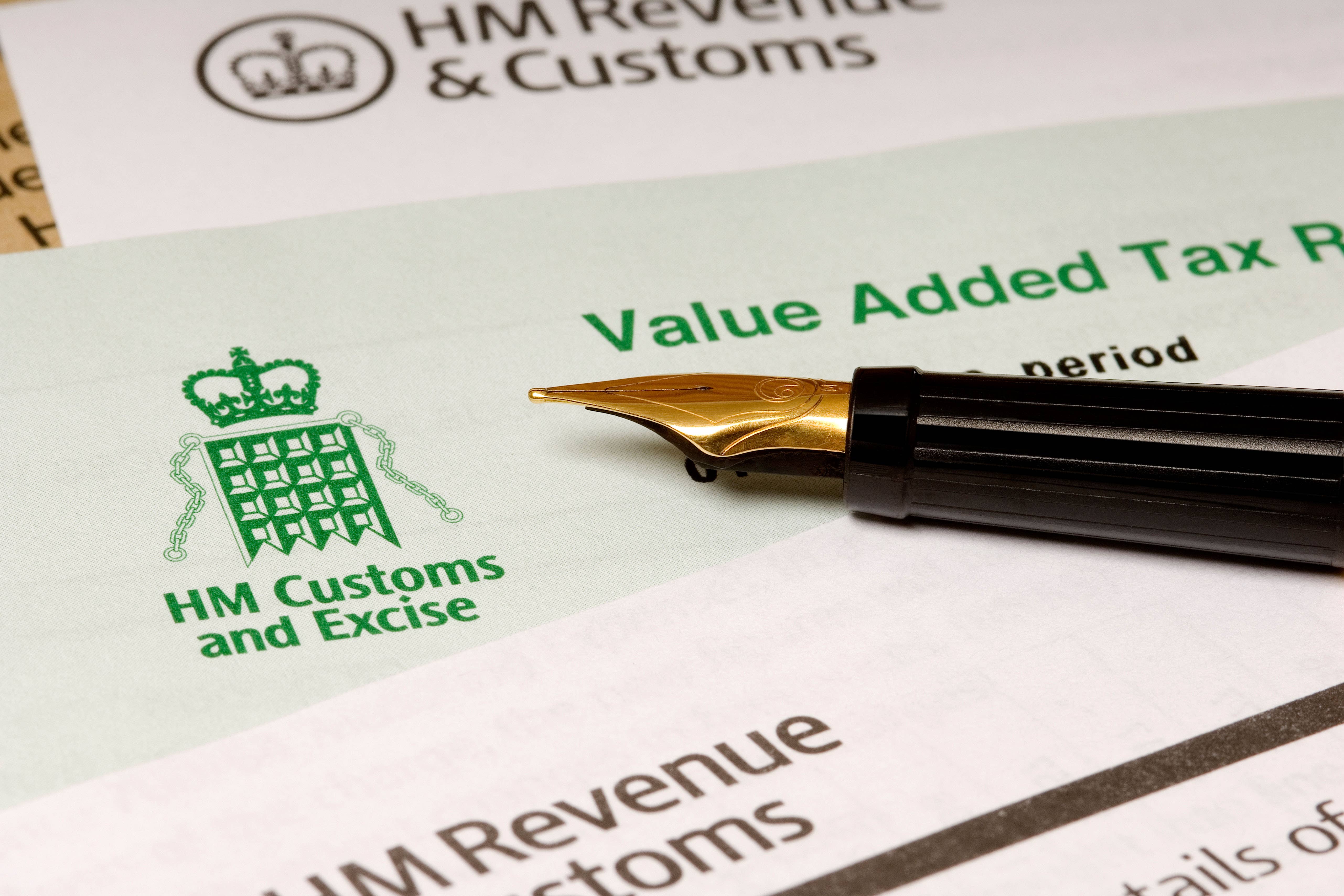Tax and pay hikes to see firms pay £2,300 more per low-wage worker this year
It will cost an extra £2,367 to employ someone over 21 earning the minimum wage this year, analysis by the Centre for Policy Studies showed.

Your support helps us to tell the story
From reproductive rights to climate change to Big Tech, The Independent is on the ground when the story is developing. Whether it's investigating the financials of Elon Musk's pro-Trump PAC or producing our latest documentary, 'The A Word', which shines a light on the American women fighting for reproductive rights, we know how important it is to parse out the facts from the messaging.
At such a critical moment in US history, we need reporters on the ground. Your donation allows us to keep sending journalists to speak to both sides of the story.
The Independent is trusted by Americans across the entire political spectrum. And unlike many other quality news outlets, we choose not to lock Americans out of our reporting and analysis with paywalls. We believe quality journalism should be available to everyone, paid for by those who can afford it.
Your support makes all the difference.UK businesses employing staff on minimum wage will see costs jump by more than £2,000 per worker this year – with the tax burden hitting the highest on record, new analysis has shown.
An increase to the rate of employer national insurance and a lowering of the threshold at which it is paid will make it more expensive to employ the lowest paid, according to think tank the Centre for Policy Studies.
The analysis comes after some of the country’s biggest retailers said job losses were unavoidable as a result of tax increases.
It showed that it will cost an average of £24,806 to employ someone over 21 earning the minimum wage, which amounts to £2,367 more per person than in 2024.
That will partly be driven by the hourly national minimum wage rising from £11.44 to £12.21 from April.
But it will also come from the rate of employer national insurance increasing from 13.8% to 15% next year, with payments starting when an employee earns £5,000, down from the current £9,100.
The more of an employee’s salary is owed in tax - whether paid by the employee or directly by the employer - the more costly it is for businesses to create and sustain jobs
Chancellor Rachel Reeves was met with some backlash from businesses up and down the country after announcing the policy measure in her autumn Budget in October.
Some of Britain’s biggest retailers – including Tesco, Sainsbury’s, Boots and Next – signed an open letter to Ms Reeves warning that they will have to raise prices and cut jobs as a result of the higher tax burden.
However, many smaller firms will not pay any national insurance at all this year due to the employment allowance rising from £5,000 to £10,500, which makes some businesses exempt from the tax.
The Centre for Policy Studies'(CPS) analysis showed that for the average full-time minimum wage worker, 21.3% of the total labour cost will be spent on taxes this year.
It said this will be 3.8 percentage points higher than in 2024, and the highest proportion on record.
This incorporates national insurance for employers and employees, as well as income tax.
“The more of an employee’s salary is owed in tax – whether paid by the employee or directly by the employer – the more costly it is for businesses to create and sustain jobs,” said Daniel Herring, tax and fiscal researcher for the CPS.
“By making it more expensive to employ people, the hikes in employer’s national insurance disproportionately affect the lowest paid or those who are looking to move back into work after being economically inactive.”
The Centre for Policy Studies says it is a centre-right think tank which was co-founded by Margaret Thatcher in the 1970s.
A spokesman for the Treasury said: “We delivered a once-in-a-parliament budget to wipe the slate clean and deliver the stability businesses so desperately need.
“The independent OBR (Office for Budget Responsibility) confirmed that it delivers lower unemployment and higher wages over the coming years, and more than half of employers will either see a cut or no change in their national insurance bills.”